
An App to Consider: Medisafe
February 14, 2020 in LINKS
It can be hard to stick to a schedule. Things change and happen everyday and can throw everything off. It can be even harder to remember to stick to a schedule if you’re feeling overwhelmed, unwell, or depressed, making you likely to forget the more minor things in your schedule.
One of those more minor items in your schedule can be remembering to take medication, especially if you need to take them at a certain time in the day. Nearly half of Americans are taking at least one prescription drug, and 12.7% of people over 12 years old are on antidepressants, a number which has increased over the past 20 years. Researchers have also found that young people who take medication are most likely to take something for asthma, ADHD, and antibiotics.
That’s where Medisafe comes in. Medisafe is an app created to help you maintain your medication adherence (a.k.a. making sure you stay committed to taking your medication on a consistent schedule). Not only does it have you enter all the medications you’re taking (and lets you choose what the medicine looks like), but you can enter how much of the medication you have so it can remind you when you’re running low, and it also has you add the time of day you should be taking it so it can send you a notification to remind you. The app has a wide database of medications, so it can also warn you if you shouldn’t be taking two medications together, lets you know what you shouldn’t be taking while on this medication (such as alcohol), and gives you notes like if you should be taking that medication with food.
The app of course isn’t limited for those taking antidepressants, but it can be particularly useful if you’re on them during those moments when doing even the simplest task can seem impossible. If you’re experiencing a depressive episode, you may not have the energy to take your antidepressants, and can find that ignoring the notification from your app is really easy, but Medisafe also has the option to add family members or close ones so that they also receive a notification if you miss a dosage. This can be useful if you’re not feeling well, because these people can provide a support system in reminding you how important it is to take that medication.
If you’re taking medication for anything and find that organization and maintaining a schedule helps clear your mind and makes things easier for you, then Medisafe may be an app that you can incorporate into your daily routine.
Do you take medication? If so, do you find it difficult to remember to take it when you need to?


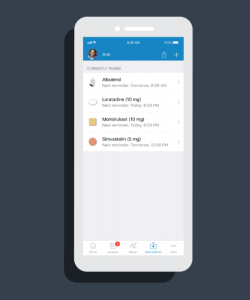





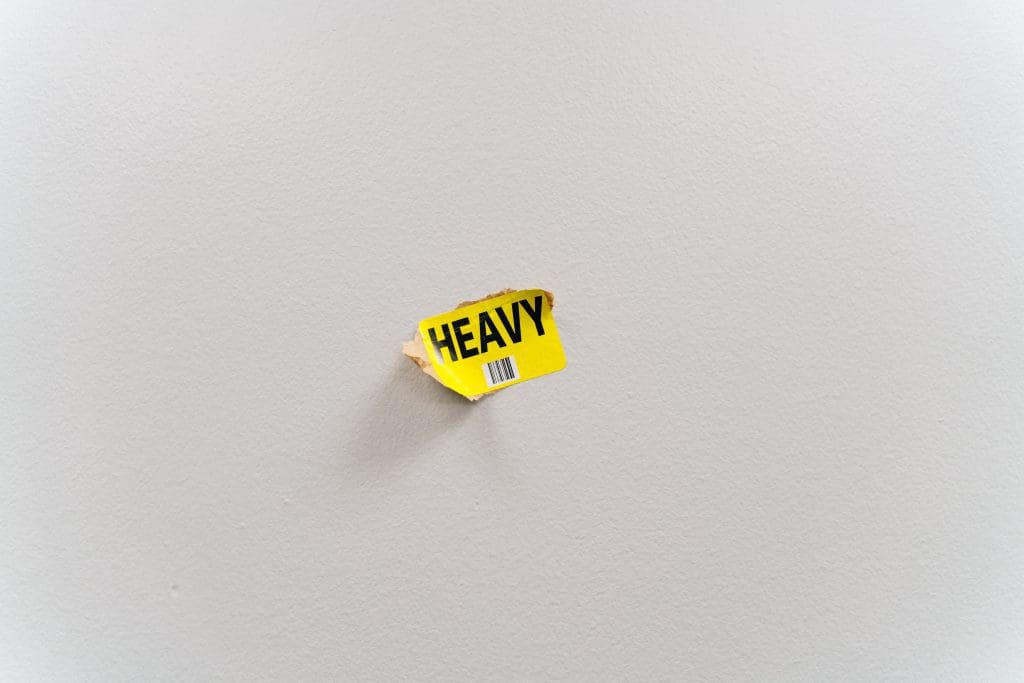


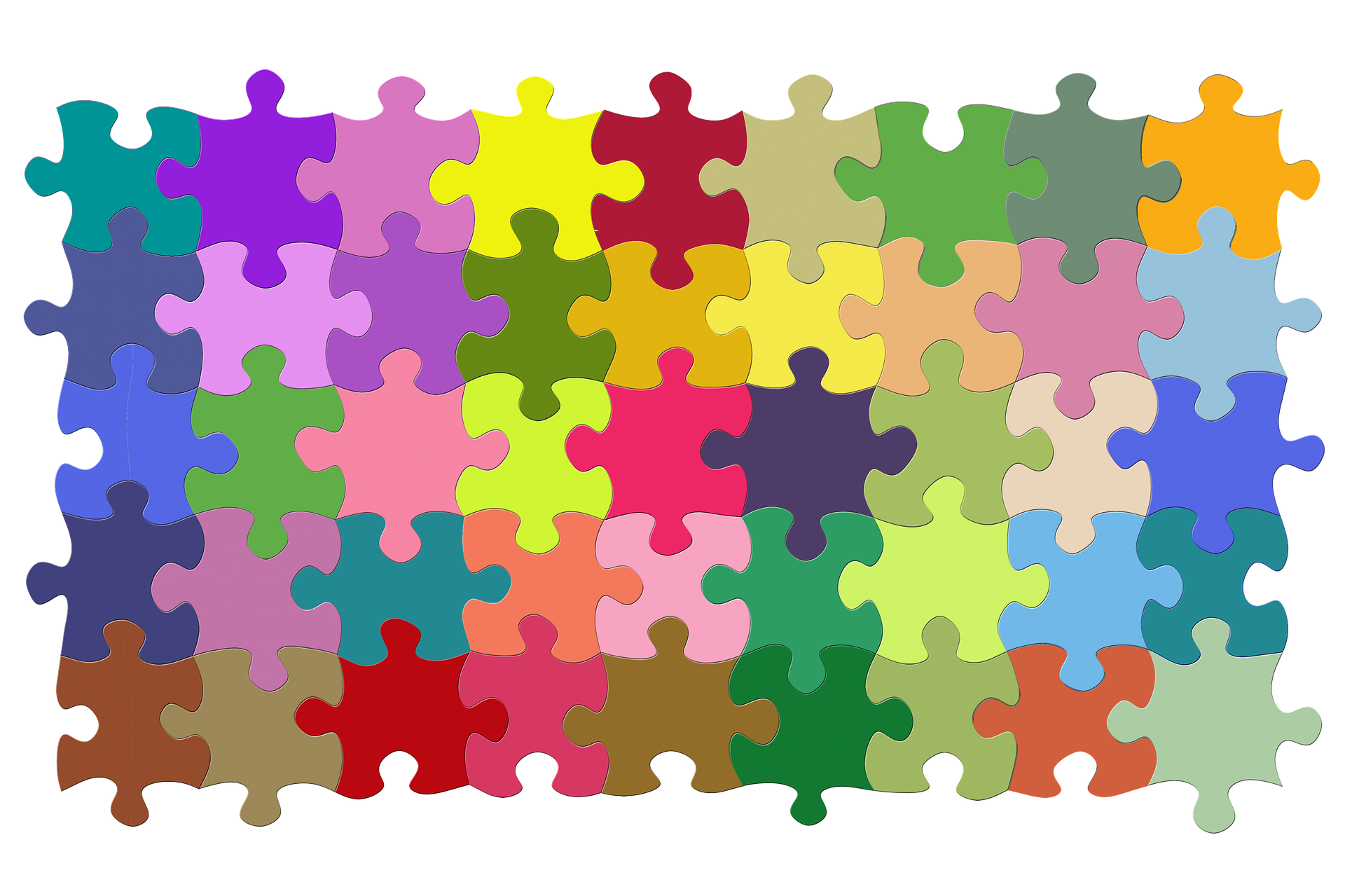

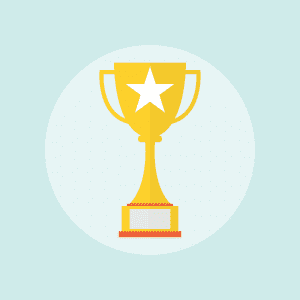

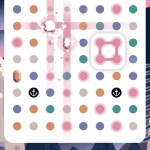









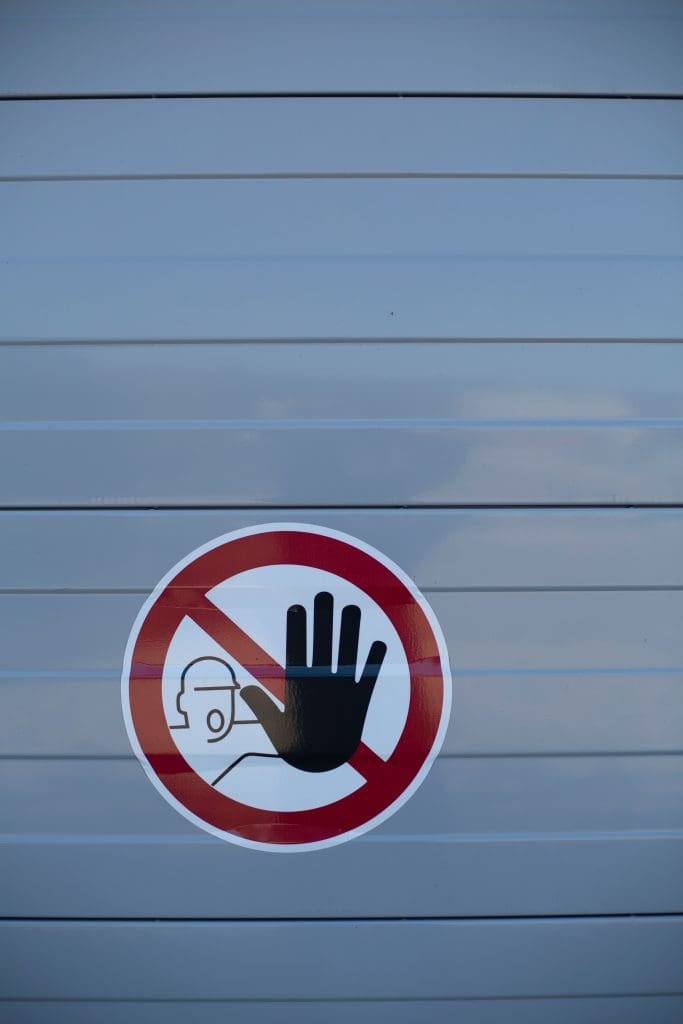
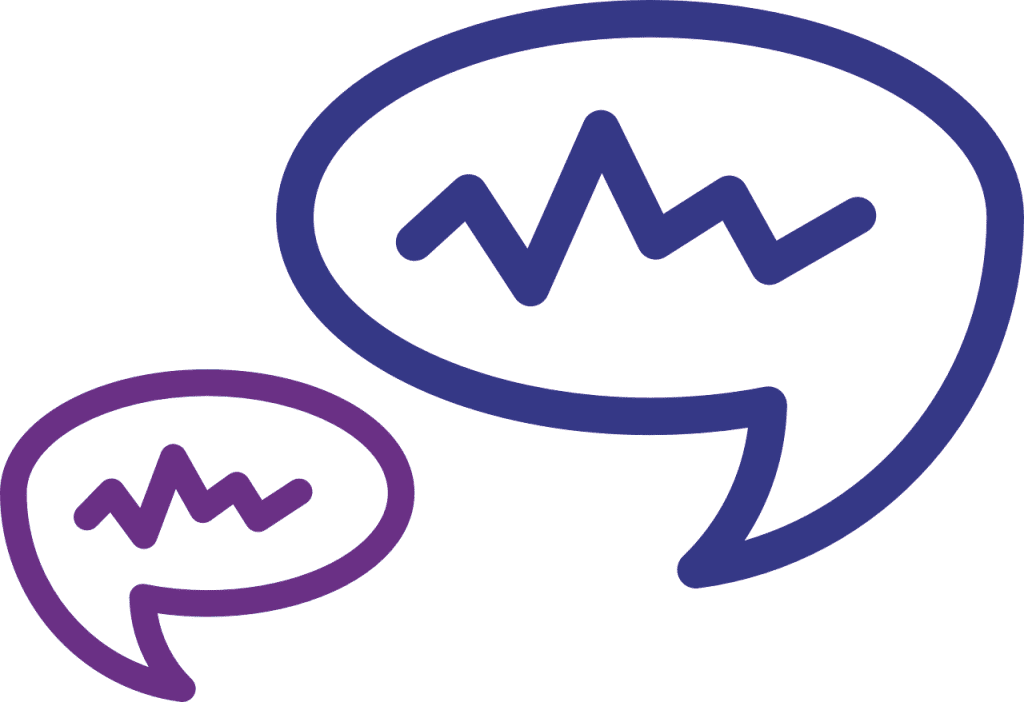

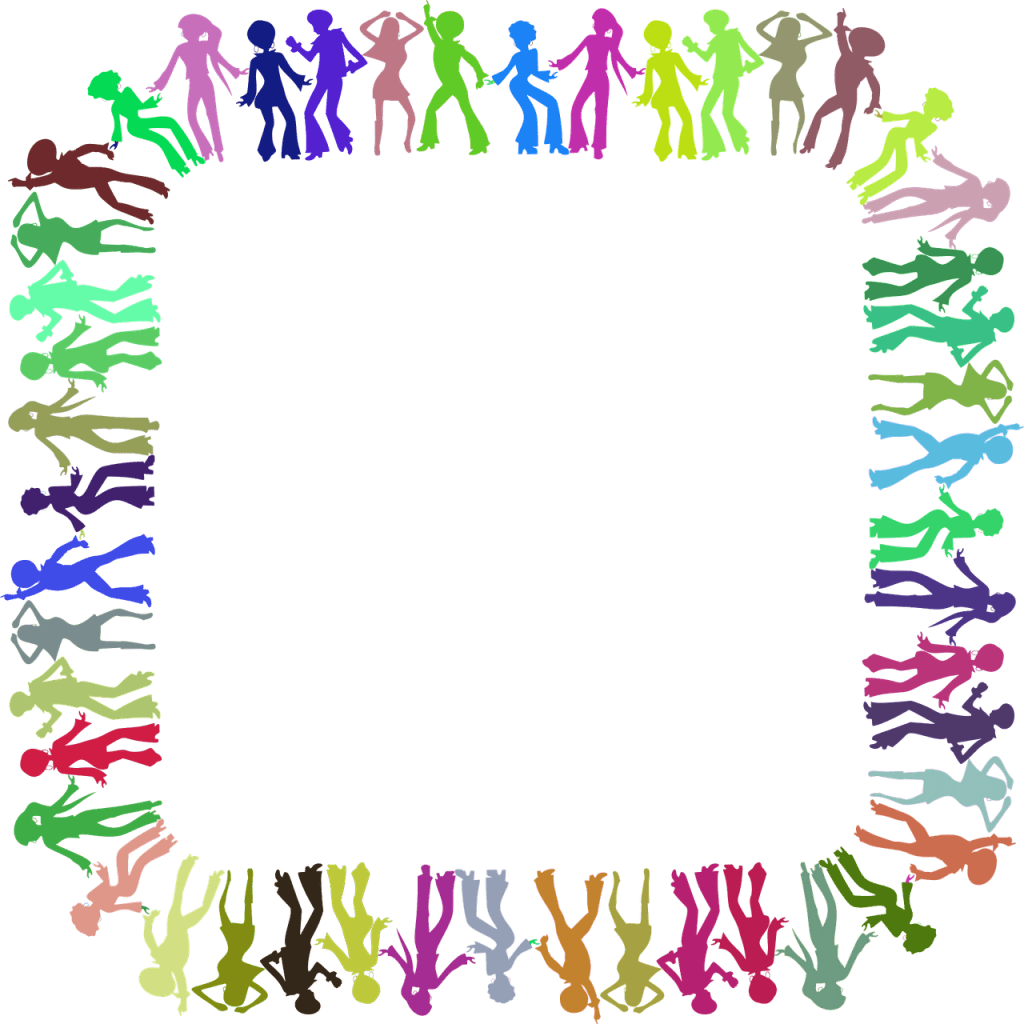





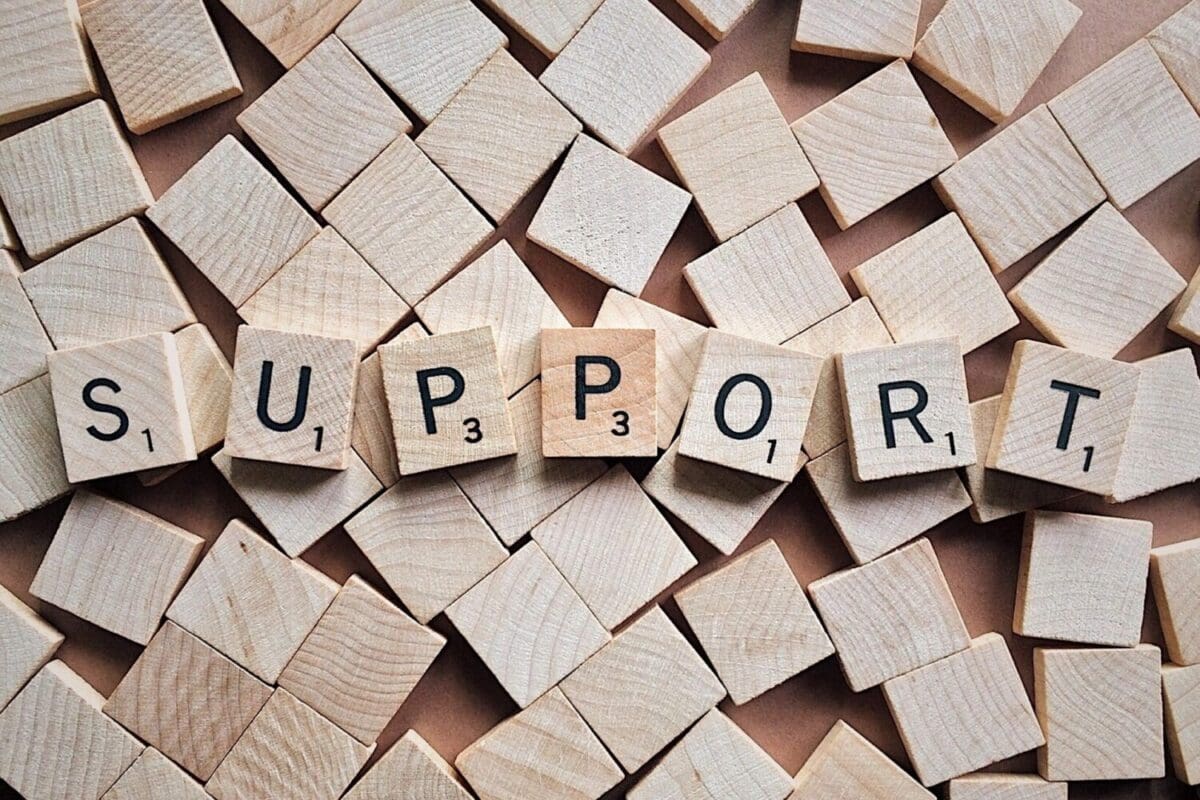


Recent Comments